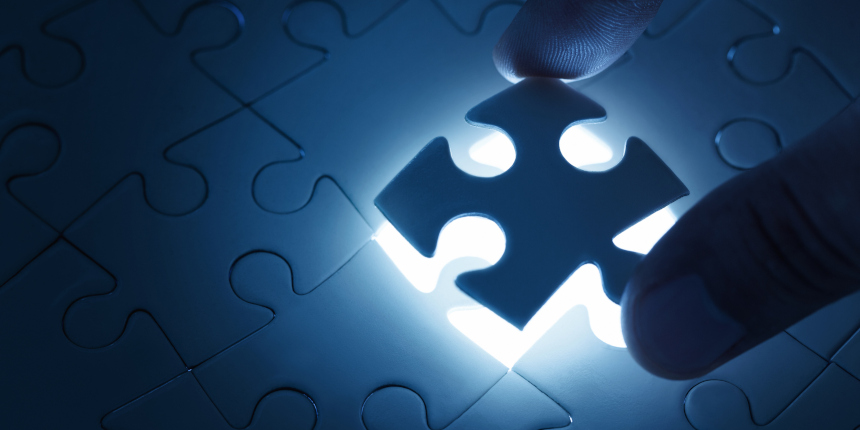
 Genius-life-hack-for-retailers-2
Genius-life-hack-for-retailers-2 I admit I’m a dreamer. Most days you can catch me staring out the window thinking of little life hacks to make my existence easier. I imagine walking down the street looking for a place to eat and having discounted offers for local restaurants appearing on my phone as I walk by them. I fantasize about seeing an ad for the Venetian hotel in the window of a travel agency and my Google Glass showing me prices for last minute flights to Las Vegas. I dream about having a way to contact the only person who is selling a ticket to a sold out concert right outside the venue, without having to spend hours on Craigslist filtering out the ads. Thankfully, unlike my fantasy of winning the lottery, these dreams are far closer to becoming a reality – thanks to the power of beacons.
The thing is…
A few years ago, when proximity marketing emerged as the next big thing for retailers, the ability to make contactless payments or get coupons directly to our phones or tablets created quite the hype. However, as the years went by, the NFC (Near Field Communications) and GPS frustrated many with their limitations – the inability to receive signals underground, mediocre precision as well as, being hard on battery life are just a few of the many issues.
Luckily, nowadays we have Beacons.
So what are Beacons?
Beacons are small gadgets that can communicate wirelessly with our smartphones, laptops, wearables etc., but they are much more accurate than GPS. Beacons can be attached to glass, concrete or even wood. They are waterproof, can be placed on moving objects and have a temperature sensor. Their typical range is up to 70 m (230 ft.) depending on their location. While much depends on the immediate surroundings, they are typically very accurate. This advanced technology is going to allow us to go, let’s be honest, a little crazy with all of the possibilities.
Some advantages of beacons compared to previous GPS and NFC techniques are:
- Micro-location targeting – works underground and indoors
- Low cost – the prices range from $30 to $100 and that’s expected to drop significantly in the next few years
- Low energy – The small watch battery can last up to 2 years
- It is easy to construct beacons or use compatible gadgets as beacons
Beacons use Bluetooth Low Energy to save precious battery life for our Angry Birds addiction. This important fact opens the door to app developers that have been hesitant to use location data as it drains batteries far too quickly.
A whole new world of opportunities
Beacons connect the dots between the digital and physical world in a timely and precise manner. If a retailer combines multiple beacons, their geographical position is triangulated to within a few inches resulting in microlocation. This means that stores won’t need to places beacons on every shelf, but can easily achieve the same with a few per room.
The beauty is that your new iPhone is a beacon itself. Apple introduced a feature called iBeacon as part of their iOS 7 and the same applies to Android 4.3, and app developers are already leveraging these P2P interaction capabilities.
Looking at the big picture, this Bluetooth LE technology goes beyond the needs of the retail therapy seekers.
Here are a few options how beacons can be used outside of retail establishments:
- Tradeshows/events –beacons can provide information on speakers/events, for audiostreaming, and spontaneous contact sharing to facilitate networking
- Airports – your ticket information as you enter airport, your boarding pass and destination guide popping up as you approach your gate
- Libraries, concert halls or movie theaters can have the power to automatically set phones on vibrate mode as not to disturb others
If beacons are used in the right way retailers can overcome the challenge of finding the balance between piquing interest and annoying us with spam.
At DAC, we are paying close attention to how this new technology affects the world of retail. We know that while shoppers look for locations that are nearby and they seek out local promotions and coupons, retailers are reminded that customers have to find their store first. Businesses with a strong understanding of and commitment to having an fully-optimized Local Listing Management strategy will be well prepared for NFC success.
Interested in finding out more? Contact us today!

